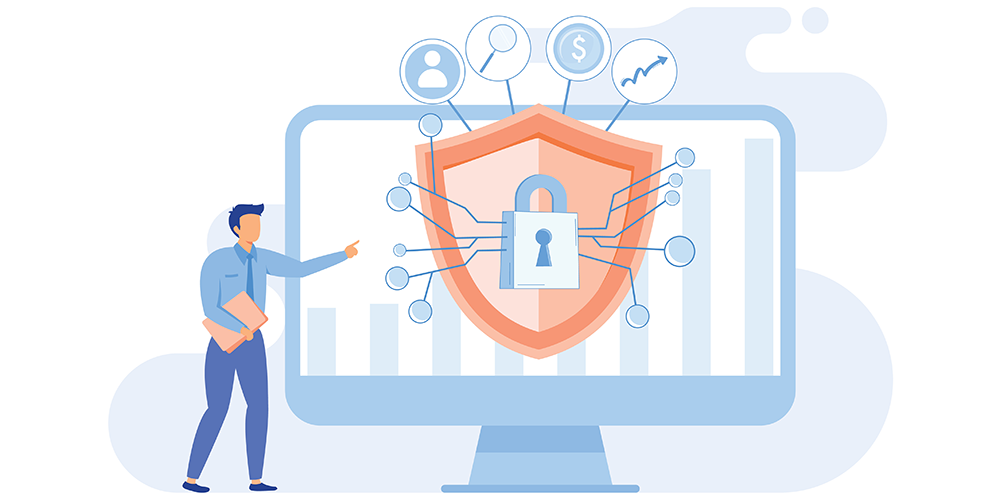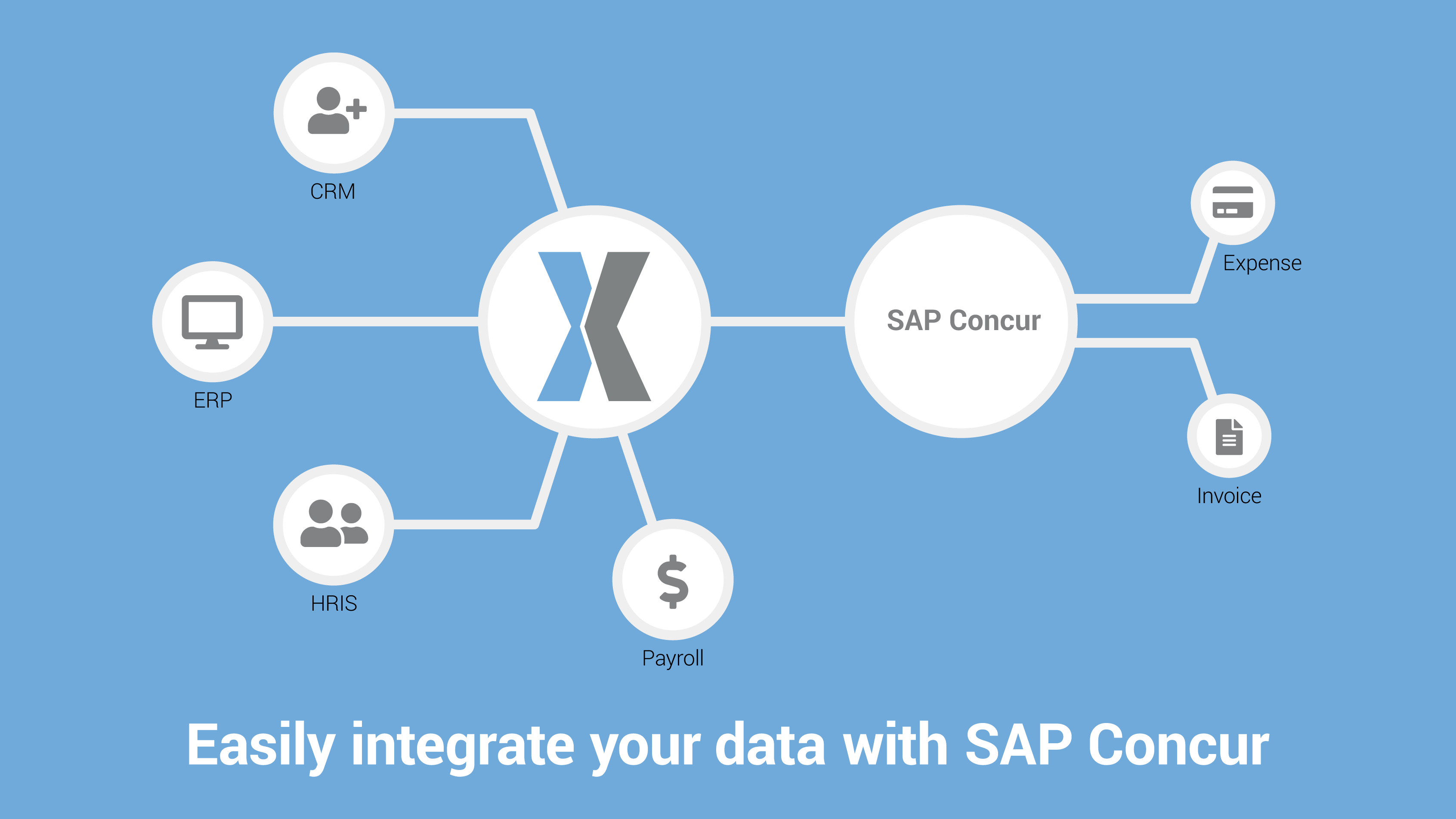Organizations that rely on supply chain management must understand the risk of cyber attacks and their potential impact for the overall function and success of your brand. Financial losses top the list of unwanted results. However, a supply chain attack can also waste a lot of your time and damage brand reputation.
Cyber supply chain risk management strategies offer a diverse range of benefits. They should outline potential problems to watch for and define both proactive and reactive strategies. The plan must include in-house oversight and third-party security assessments. For example, take the time to ensure vendor products and services filter through effective cybersecurity standards.
This is especially important for defense contractors. The DFARS 7012 clause flows down the requirement to provide “adequate security” to any sub-contractors that handle CUI data. This means that any of your sub-contractors that handle CUI must be in compliance with the NIST 800-171 standard, or you could lose your contract.
The world of commerce grows ever more competitive and challenging when it comes to security-related loss. You must understand supply chain risks and develop a multi-faceted approach to management and prevention. If you do not, cybercriminals may wreak havoc for your organization.
Preventing these attacks helps protect your company’s current and future success and reputation in the marketplace.
Top Supply Chain Security Methods
Proactive efforts help to block risks before they cause widespread damage. Creating these helps you protect data, systems, networks, and software. The following strategies encompass all levels of cyber defense for your supply chain and business as a whole.
1 – Create a Comprehensive Cybersecurity Defense Plan
Be prepared. Nothing predicts future triumph over security attacks more than a foundation of effective strategies put into practice before threats occur. A proactive approach that covers all aspects of business and supply chain management blocks potentially serious issues. This involves assessing vulnerabilities, defining common and outlying risks, and implementing secure operational standards. Also, develop plans for swift and strong responses if a breach happens.
2 – Train Team Members Regularly on Security Issues
Every employee affects how an organization functions. Proper education and training not only allows more robust and efficient systems to work, it also stops small mistakes that can balloon into huge issues. Ensure team members know the risks and that they are an integral part of preventing them. These training sessions must include threat identification, prevention, and what their role is if a security breach happens.
3 – Control Access to Sensitive Data and Systems
Implement trustworthy systems that block access for all but allowed and verified users. This includes in-house and third-party individuals associated with overall supply chain operations. Controls must cover both identify verification or authentication and specific access authorization. One of the most effective ways to ensure security is limiting access in the first place by implementing the principle of least privilege.
4 – Vulnerability Monitoring
Do not ignore the benefits of regular supply chain checks. These may allow potential problems to go undiscovered for too long. Opt for continuous oversight in the form of scheduled vulnerability scans and IT upgrades. These services performed by professional tech teams involve both automatic and manual network assessment and penetration testing. Discover, identify, and overcome cyber security risks before they become detrimental to business operations or success.
5 – Update Security and Install Latest Patches
No matter what software or systems you use, immediate installation of updates is key to continuous protection. New threats arise all the time, and you need to take an active approach to countering them.
6 – Create a Swift Incident Response Plan
As robust as supply chain protections are, incidents may still occur as cybercriminals grow more sophisticated and constantly bombard organizations with attacks. Develop an incident response strategy that clearly outlines what to do in case of any discovered weakness, disruption, or attack. A set plan of action means your company can respond quickly and minimize emergency issues and long-term profit and reputation losses. Any supply chain incident plan must include report and communication instructions and stakeholder identification to define notification and response details. Most importantly, you need to know whom to contact in the event of an incident, including knowing when to get outside help
7 – Get Security Help from IT Service Providers
Your supply chain and all other aspects of organizational operations make success possible. Your efforts focus on everything from day-to-day efficiencies and productivity to long-term strategic growth planning. When it comes to cyber security, you do not have time, energy, or the expertise needed to create and implement the most effective plan. Instead, partner with a reputable IT service provider who does. They provide guidance, support, and development for data, network, and supply chain security. The end results? You benefit from streamlined proactive and reactive strategies, minimum cyberthreat risks, and peace of mind.
Develop Robust Cyber Security Plans Before Attacks Happen
Cyber supply chain risk management and prevention must form the foundation of your organization’s protection strategy. This complex issue needs attention at every level of business. The methods outlined here offer an initial look into best practices needed to create a strategy that works. It takes a lot of time, effort, and knowledge to do everything your company needs. After all, you still need to handle everything else from day-to-day operations to long-term growth implementation.
For most brands, integrating with professional IT service providers offers the simplest and most effective solution. FirstCall Consulting has years or experience and multi-faceted expertise when it comes to cyber security best practices. We stand ready to offer our guidance and support throughout the whole process. Contact us today to start down the path toward a more secure, resilient, and profitable future.





